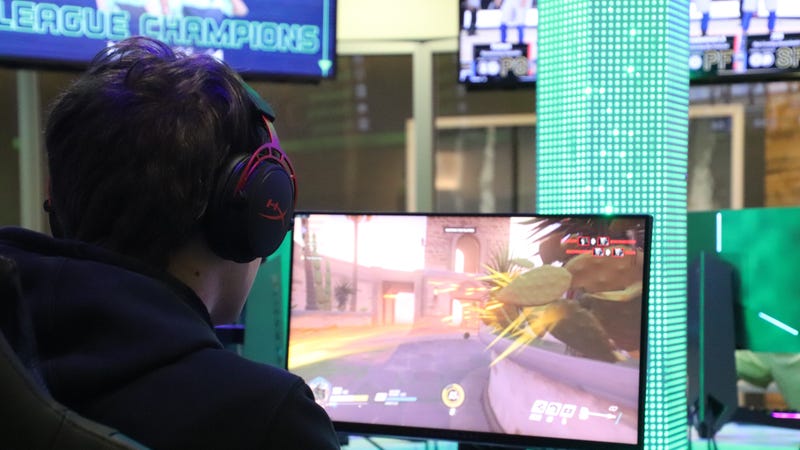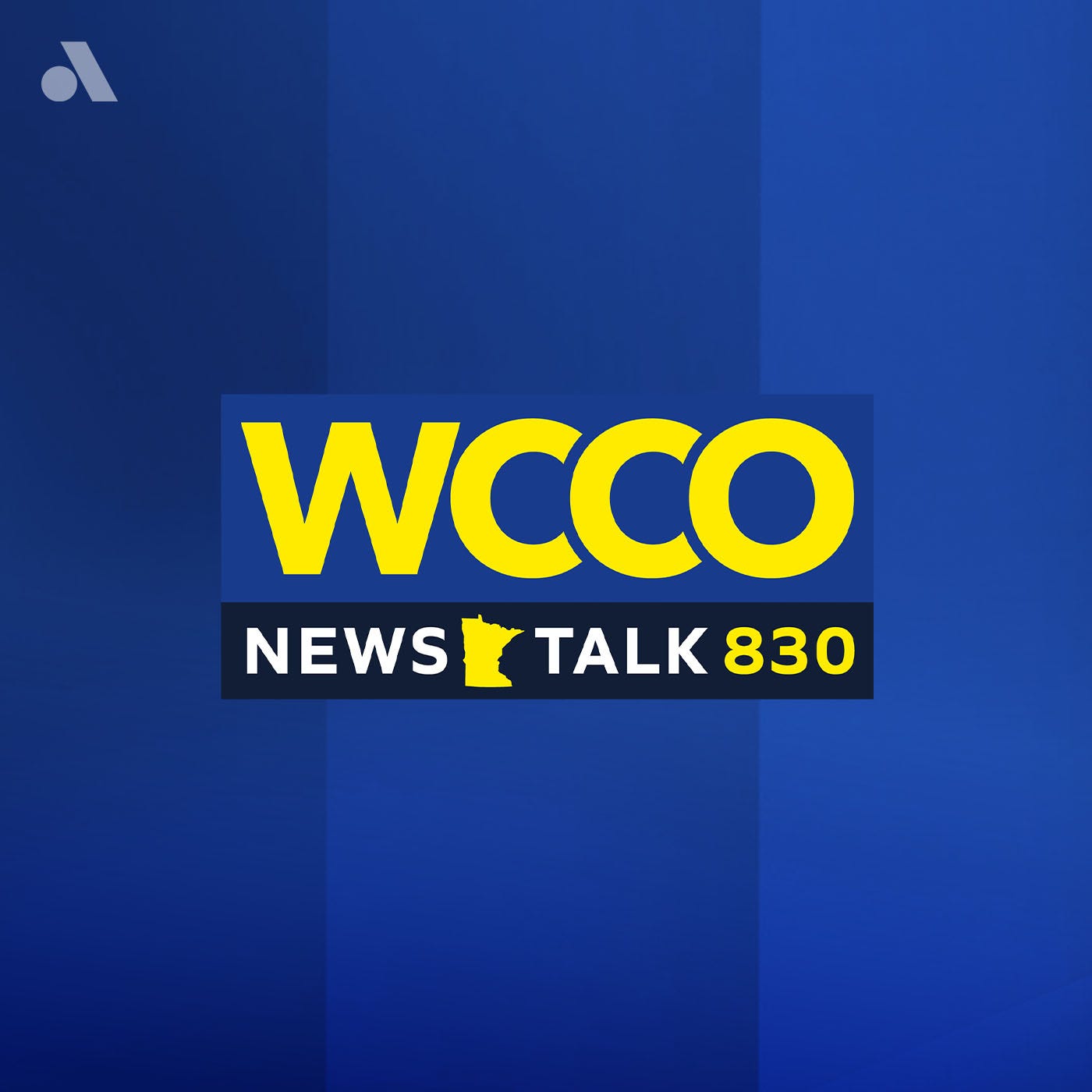
As the Minnesota State High School League wrapped-up its winter sports season with state boys basketball tournament last week, esports high school student-athletes were just starting their eight-week spring season with the Minnesota Varsity League.
No, the Minnesota Varsity League isn't part of the MSHSL, but that's not stopping the league from seeing tremendous growth.
"Currently, we have 47 active schools participating in this season and if we talked about the number of schools in the process of developing their esports program that we're supporting, or that have competed with us but are taking a break for this season, it would likely be in the 50 to 60 range," said Jake Utities, Director of the Minnesota Varsity League.
1,200 student-athletes and coaches make-up the MNVL's membership, with around 1,000 being active student-athletes.
"In our first season in 2020, we had 10 schools and 91 members," Utities said. "The Covid hit and nothing was going on so we stayed at 10 schools. The following season we grew from 10 to 33 schools and 355 members. Last fall, we were at 38 schools with 823 members because a lot of schools that joined expanded their programs quite a bit. We're going up by about 400 members each season."
Students can compete in seven different video games. They range from chess, Minecraft, Valorant, Call of Duty, Halo, Super Smash Bros. and Rocket League.
"Each title is like its own individual sport like hockey, basketball or football," added Utities.
Teams compete against other teams once a week during the eight-week season. The season includes an all-start week and then the state finals where the top teams battle for the championship.
"We broadcast four times a week on Tuesday, Thursday, Friday, and Sundays so kids get to play in front of their friends and families. It also gets them visibility on the skills that they're showing in Esports."
The Minnesota Varsity League is supported by Bloomington-based Wisdom Gaming, which specializes in esports production, content creation, tournament organization, design, and strategic brand activation.
In February, the league announced that the Minnesota Twins would be a primary sponsor of 2022 spring esports season. The Twins will sponsor over three dozen broadcasts on the MNVL's Twitch channel.
Their sponsorship partners allow the MNVL to offer the league to students and schools at no cost.
"The biggest barrier to esports is cost so this season we are able to go 100% cost free," Utities said.
One of the biggest costs is being able to afford the device that the game is played on. Currently, MNVL doesn't provide devices to student-athletes.
"Hopefully in the future we will be able to work with independent districts to give esports some funding, which a lot of the things esports uses can be used by a lot of other programs like the PCs in robotics, coding club, engineering and trade skills."
Of course, the league is about more than gaming. Utities, who coaches the esports team in St. Louis Park, says he sees firsthand the role esports plays in peoples' lives.
"I along with any coach that has done this have seen the profound impact this makes on some of the most underrepresented, uninvolved students that we have," he said. "Literally there's a giant gap in our schools that don't serve this group. Traditionally their isolated socially, they aren't your high-flyers, and they're also not your failing students. Usually tech-oriented and B to D students. It's a great place for them to feel involved in their school."

At this time, Utities adds it does not appear that the MSHSL will bring esports onto its regular sports offerings.
"We see that kind of structure differ around the country. Some leagues work with their athletic associations, other ones don't."
Utities would like to see a more robust plan for high school esports moving forward.
"This can't wait. There's too many kids who want to get involved and this makes such a profound difference in their lives that we can't just wait for it to happen, so we went out and just did it ourselves," he said. "To get funding, that is a district-based initiative, so joining with the state high school league wouldn't increase funding. We're looking at other ways to get funding to these programs."

